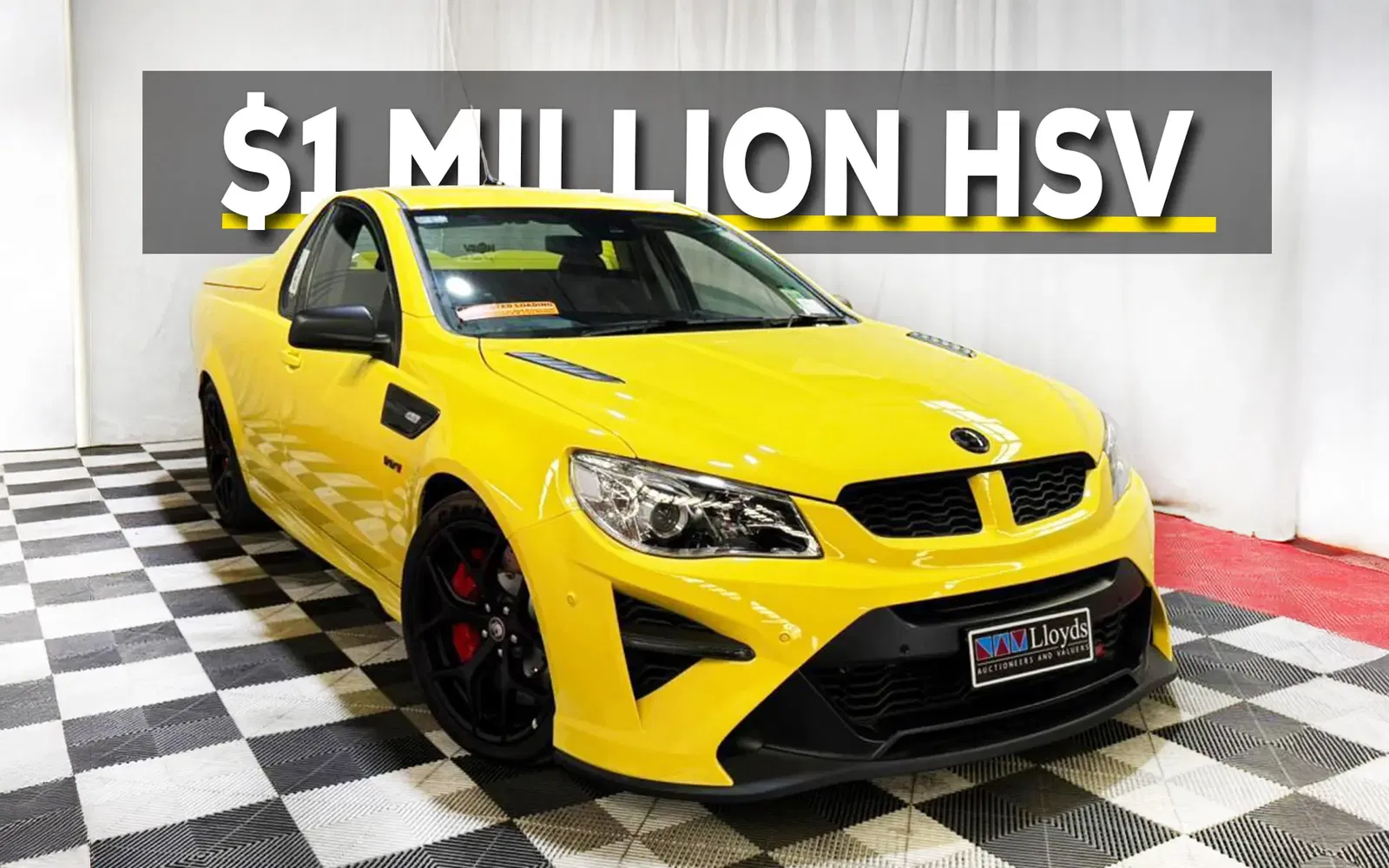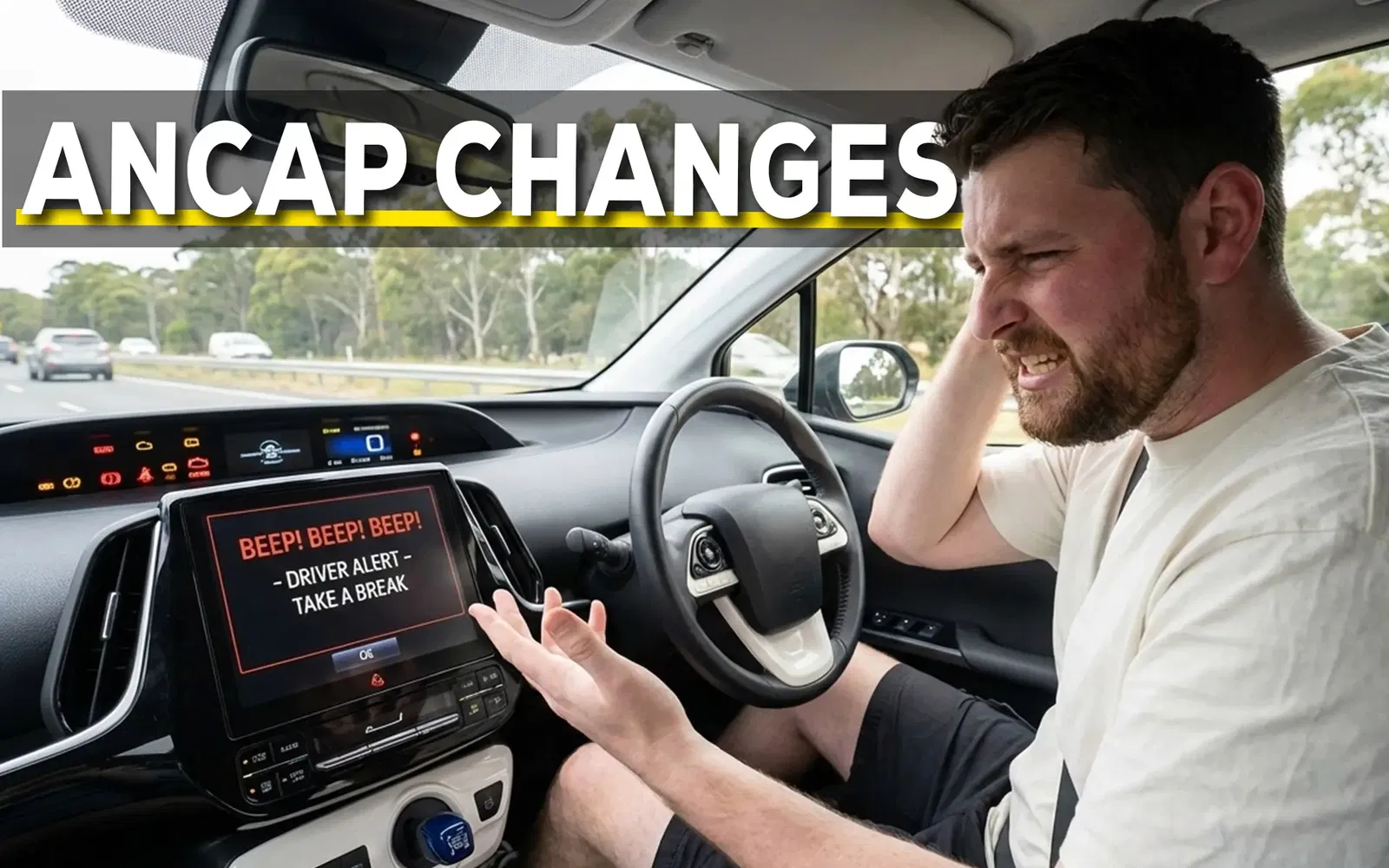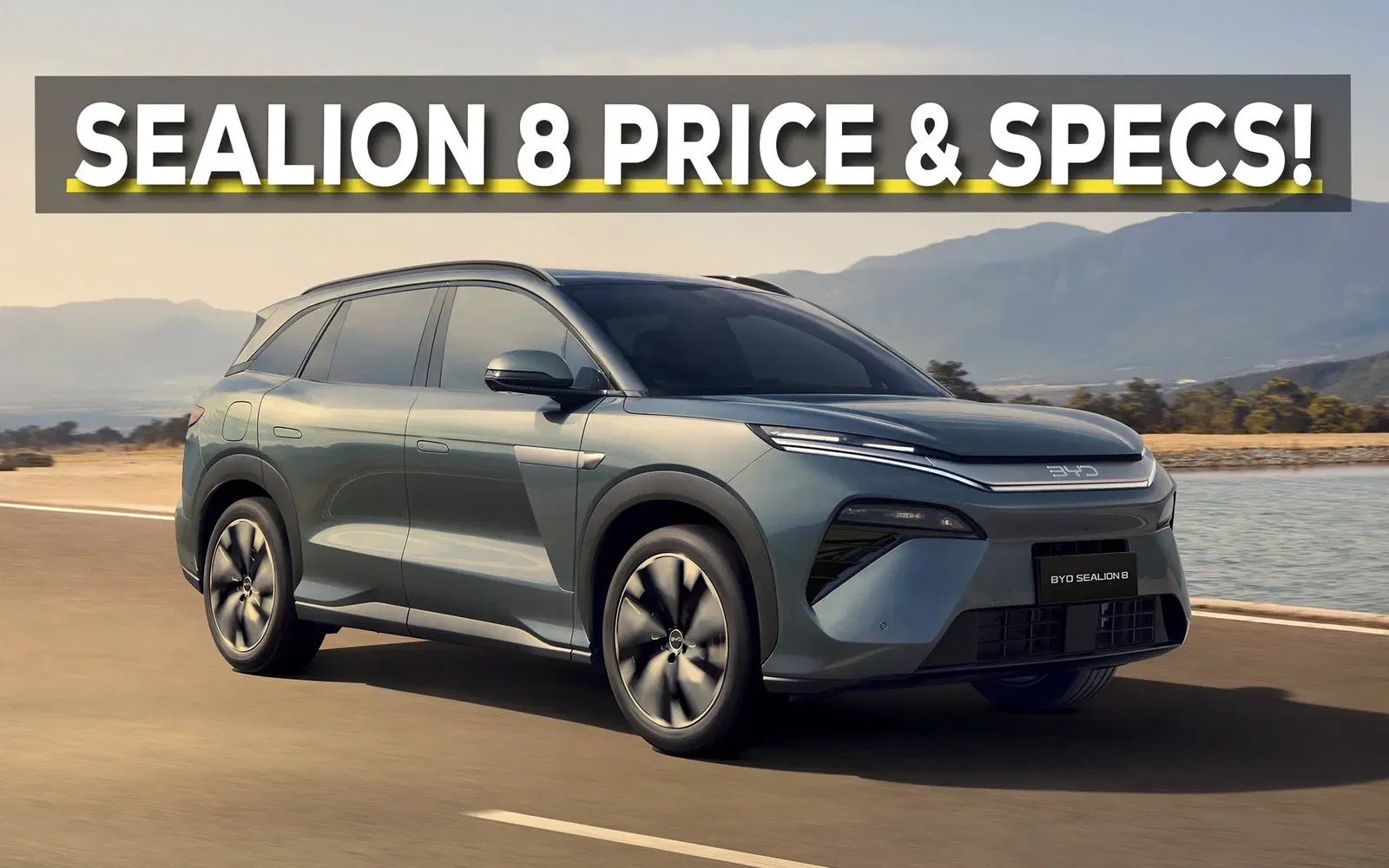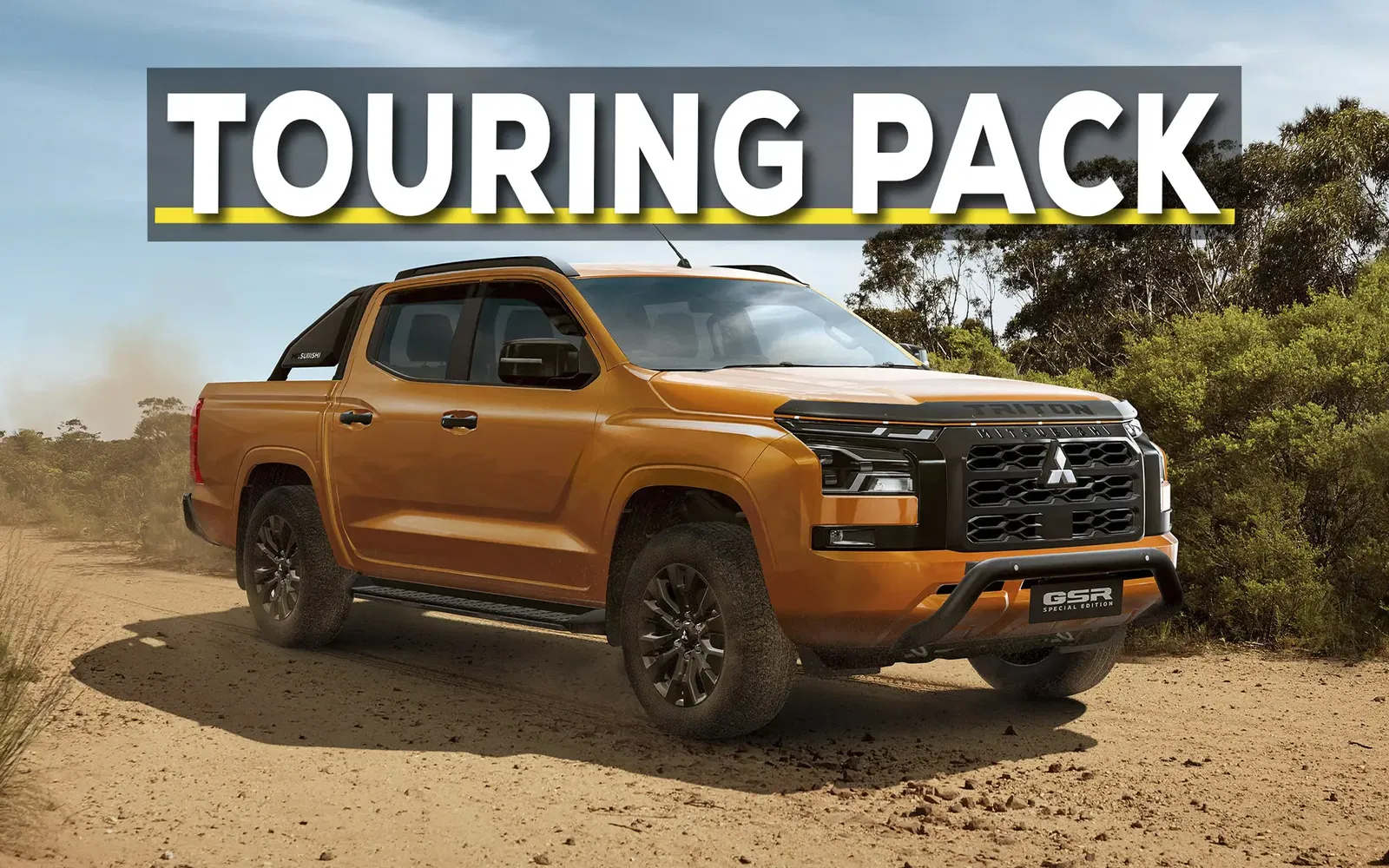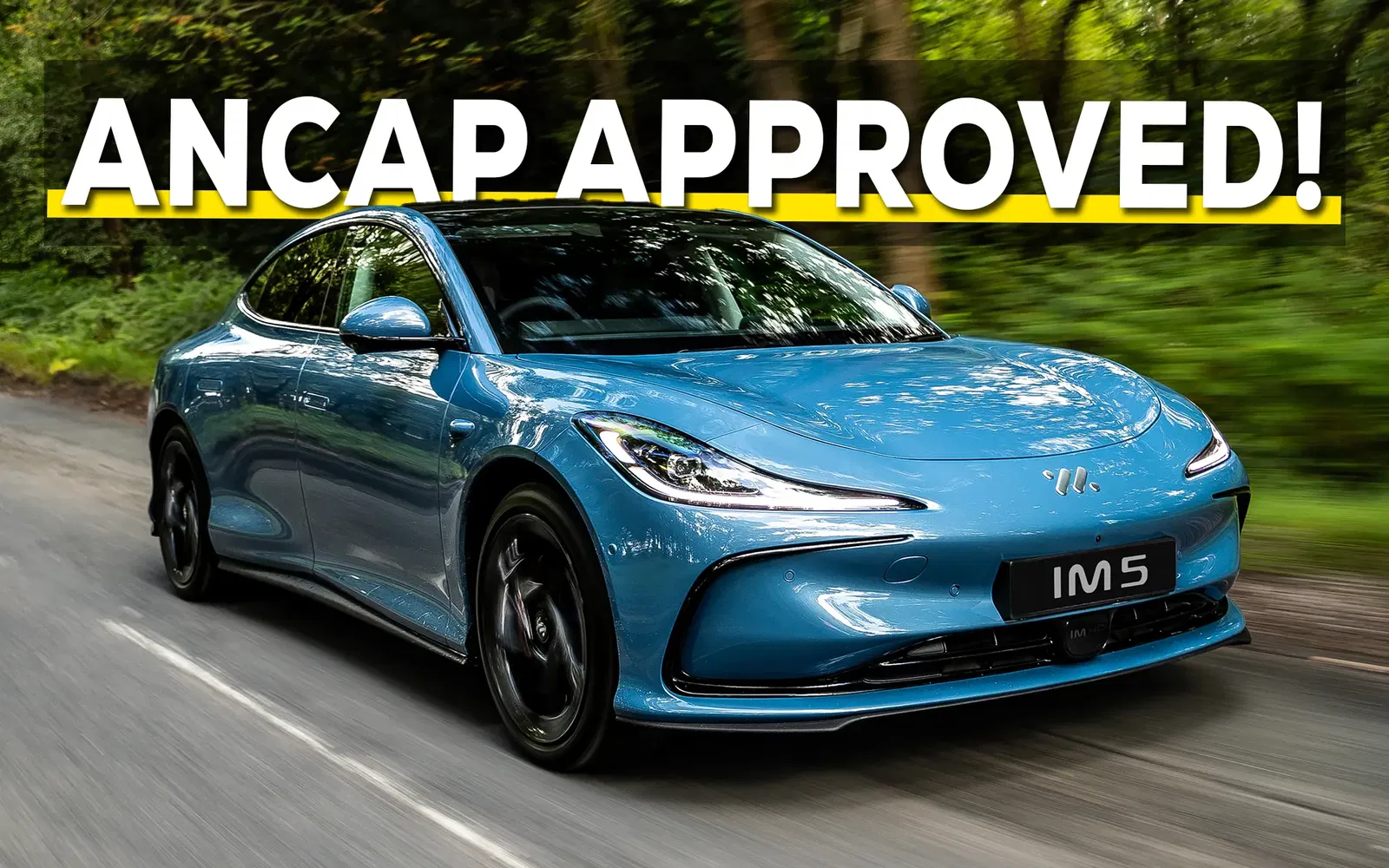The idea of banning Chinese cars in Australia has gained traction in certain circles, fueled by misinformation and disinformation.
The debate has sparked heated discussions across media platforms, but it’s crucial to dissect the core arguments without falling into sensationalism. Ultimately, as a car reviewer and consumer advocate, my stance is clear: the argument to ban Chinese cars is flawed, and such a move would harm Australian consumers.
The Growing Presence of Chinese Cars
This year alone, I've traveled to China three times to attend car events, with CarSauce covering four different brand events in total. The Chinese car market is expanding rapidly, and this is reflected in the growing number of brands entering Australia.
This week alone, my team reported that Deepal and Denza are planning launches in Australia. These additions come alongside Leapmotor, Jaecoo, and other emerging brands.

If you haven't heard of these brands, or if you're overwhelmed by the influx, it's understandable. In my opinion, the Australian car industry is experiencing its most significant transformation ever.
The market is rapidly evolving, and the competition is intensifying—particularly from Chinese carmakers who bring affordability and advanced features to the table.
What’s Happening in the West: The EU and US Response
The European Union has taken a protectionist stance against Chinese cars, imposing tariffs between 17.4% and 37.6%, alongside an already existing 10% duty.
The reasoning? According to the EU Commission, China has been "unfairly subsidising" its car industry by providing financing deals and favorable prices for raw materials in the EV battery supply chain.
As a result, the lower production costs in China have allowed Chinese electric vehicles to capture a significant market share in Europe.

This has led to fears that local European car manufacturers could be outcompeted, resulting in tariffs to protect the EU’s domestic car industry.
In the United States, the government is also cracking down. President Biden has already announced a 100% tariff on Chinese cars, and according to a Reuters report, the US is considering an outright ban on 'connected' vehicles (i.e. vehicles with access to the internet) with any Chinese-manufactured hardware or software—largely due to national security concerns. This includes components like lithium iron phosphate (LFP) batteries from BYD.
While these moves may protect local industries, they have significant drawbacks. Consumers in the EU and US stand to lose out on affordable and feature-rich vehicles like the BYD Shark, which, for just over AU$60,000, offers plug-in hybrid technology, great real-world range, and advanced features that are hard to match at its price point.

Would Banning Chinese Cars Make Sense for Australia?
In Australia, the question of whether to ban Chinese cars seems misplaced for several reasons.
Unlike the EU or the US, Australia doesn't have a domestic car manufacturing industry to protect. We rely almost entirely on imported cars, so imposing tariffs or bans on Chinese vehicles would not serve to protect any local manufacturers. Instead, it would likely result in higher prices for consumers and disrupt trade relations.
Furthermore, tariffs often backfire. If Australia were to impose restrictions on Chinese cars, it is almost certain that China would respond with retaliatory measures against one of our major exports, potentially hurting our economy without any clear benefit to consumers.
As it stands, there is no publicly available evidence suggesting that Chinese consumer cars pose a national threat to Australia, so until there is credible and publicly available evidence then calls for a blanket ban remain unjustified in my opinion.

The Consumer Perspective: Benefits of Chinese Cars
Chinese cars offer affordable options to Australian consumers, providing competitive features at lower prices.
For instance, the Chery Tiggo 4 Pro — a small family SUV — comes fully equipped with heated seats, a sunroof, and a EURO 6-compliant, fuel-efficient engine for just $26,990 driveaway.

In comparison, a similar vehicle from a non-Chinese manufacturer could cost upwards of AU$40,000 - AU$50,000.
The affordability of Chinese cars has already made a mark on businesses, too. LDV vans, for example, have become a popular sight on Australian roads due to their practicality and cost-effectiveness.
Moreover, competition from Chinese brands has a ripple effect on the entire market, keeping other carmakers on their toes.
This push for innovation is evident in brands like Skoda, which differentiates through unique value propositions like clever packaging, such as adding umbrellas in the doors of some of their models and fantastic interior packaging despite smaller exterior proportions.
As a firm believer in free markets, I maintain that competition should drive innovation and quality. If a brand cannot keep up with competitors, it's a signal to adapt, innovate, and enhance their unique value propositions — whether through design, technology, or pricing.

The Reality of Subsidies in the Auto Industry
A common argument against Chinese cars is the claim of subsidies provided by the Chinese government.
While this is accurate, it’s crucial to remember that subsidies are not unique to China. Almost every country, in one way or another, supports its automotive industry.
Australia itself has a long history of subsidising car manufacturers. In 2012, Holden received a lifeline of AU$275 million from the federal and state governments, with the expectation of maintaining local production until at least 2022.
However, Holden ceased production in 2020, having received a total of approximately AU$2 billion in subsidies over its lifespan according to this tracker.
This is just one example; subsidies are a global phenomenon, and they have been used to sustain jobs and local production.

The Bigger Picture: Should We Ban Chinese Cars?
The crux of this debate comes down to the principles of free trade and competition. Chinese carmakers are bringing affordable, well-equipped vehicles to Australia, and this benefits consumers by offering more choices at lower prices.
Without a domestic car manufacturing industry to protect, and in the absence of any clear national security threat, there is no solid justification for imposing bans or tariffs on Chinese cars in Australia.
Furthermore, it's essential to look beyond the politics. Having met with people behind these brands during my travels to China, it's clear they are driven to create exciting products, just like any other carmaker.

The presence of Chinese cars in the market represents a natural progression in the global auto industry, and their competitive pricing and innovation only serve to benefit Australian consumers.
In an ideal world, economies thrive on free trade and fair competition, allowing consumers to make informed decisions based on value and quality.
For the Australian market, the influx of Chinese cars is a win for consumers who are seeking affordable and feature-packed vehicles.

Conclusion
Should Chinese cars be banned in Australia? The short answer is no.
Banning these vehicles would only hurt consumers by limiting choices and raising prices.
At the end of the day, it's the Australian consumer who stands to gain the most from a diverse and competitive car market.
FAQ
Why are Chinese cars cheaper than other brands in Australia?
Chinese cars often have lower production costs and benefit from subsidies, allowing them to offer competitive pricing without compromising features.
Will tariffs on Chinese cars increase car prices in Australia?
Yes, tariffs would raise the cost of Chinese cars, reducing affordability for consumers and potentially limiting access to feature-rich, budget-friendly vehicles.
What impact do Chinese cars have on the Australian car market?
Chinese cars bring affordable options to the market, increasing competition and encouraging other carmakers to innovate and offer better value.
Do Chinese cars have reliable technology and features?
Chinese car brands are rapidly improving, offering advanced technology and features that often match or exceed those of traditional competitors.
Should Australia ban or restrict Chinese car imports like the US and EU?
Unlike the US and EU, Australia has no local car industry to protect, so banning Chinese cars would harm consumers without clear economic benefits.
Why do some people think Chinese cars should be banned in Australia?
Some argue for a ban due to subsidies or geopolitical concerns, but there is no current evidence that Chinese cars pose a threat to Australia's economy.
Sign up to our newsletter
Be the first to know when we drop new car reviews.
.avif)


